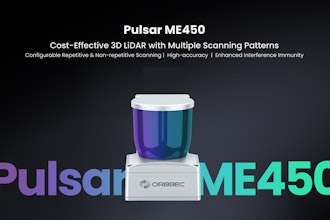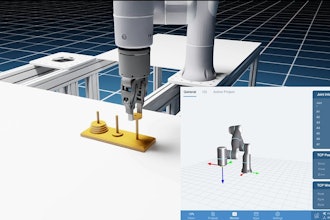
Since its inception in the early 90s, the internet has gone through a lot of iterations and innovations. One of the biggest of which was creating an interconnection between many different devices so they could communicate with each other. This is called the Internet of Things and has revolutionized how efficiently the internet can work.
There is another huge innovation underway and that is the development of the blockchain. It has been around for over ten years, however, it is still in its infancy. Now, the IoT and blockchain have been teaming up to make the process more secure and even more efficient.
In this article, we will look at how IoT is expected to change as it integrates further with the blockchain.
Interoperability
Just as the internet as it is now is simply a network of servers, there are many different blockchains in existence. This is one of the barriers to making a completely autonomous system for the IoT. For instance, right now all of the devices that communicate with each other have to be on the same blockchain.
There is a solution to this problem that is under development to allow any device to connect to any blockchain. It is a sort of BTC wallet called a Ledger Nano that would be embedded in the machines to communicate with various blockchains.
Right now, scalability is the biggest obstacle to full integration with IoT to the blockchain. This bit of technology will enable it to scale without any limits. Not least of which because the blockchain that may be best for today’s IoT could be different later on and can still be implemented.
At this point in time, blockchains are immature and can find themselves outdated quickly. This can help to grow along with the blockchain when it can be implemented on a grand scale.
Why should IoT integrate further with blockchain technology?
One of the benefits of using the blockchain in many applications and not just with the IoT is that there is a record of every transaction along the way. These records cannot be changed by anybody once they are registered on the ledger. This makes it virtually hack-proof.
In addition to that, the IoT on the blockchain will allow for a much more streamlined process from the manufacturer to the recipient and everything along the way. One way that the old system was really bad at was dealing with documentation in timely ways. Now that everybody has access to every document and an easy and secure way to sign them, this is much faster.
Cross-industry uses
When the IoT ends up streamlined on the blockchain, it will also bring along other industries like supply chain logistics and insurance since all three of these industries are very reliant on each other.
These industries are already making use of the blockchain and will shortly be able to access the others when blockchains are able to communicate with each other.
*This article has been contributed on behalf of Paxful. However, the information provided herein is not and is not intended to be, investment, financial, or other advice.























